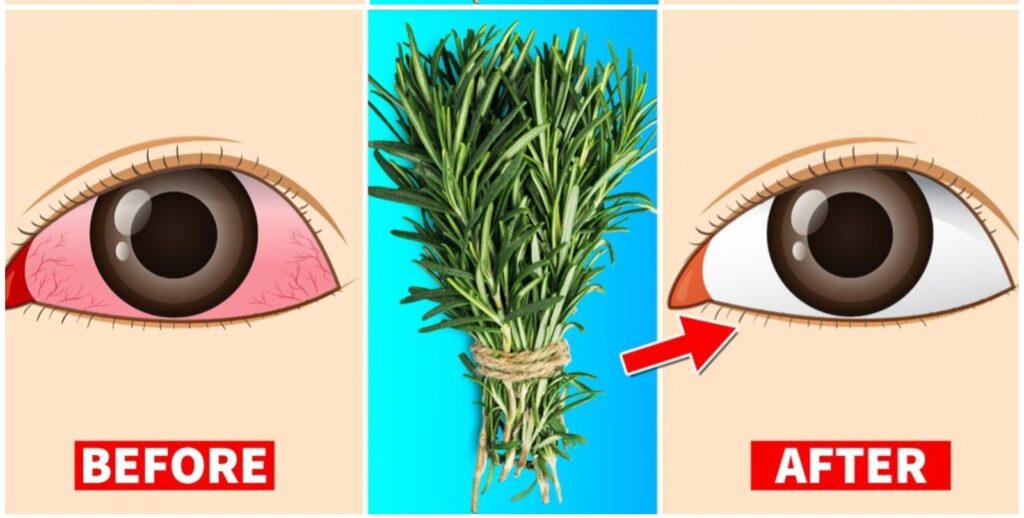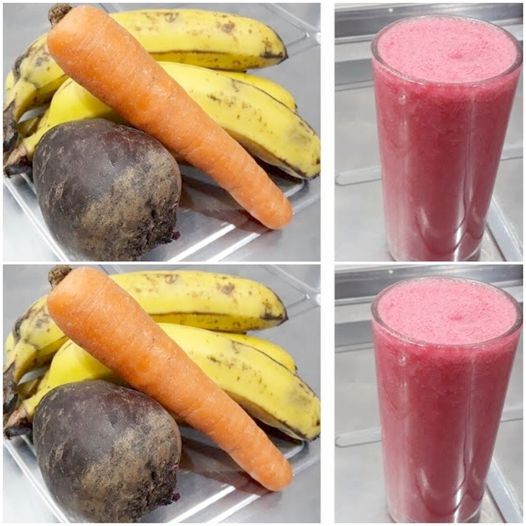In a world where screens dominate our daily lives, caring for our eyes is more crucial than ever. Our eyes, often referred to as the windows to the soul, serve as our primary connection to the world. However, factors like excessive screen time and unhealthy lifestyles can take a toll on our vision. In this article, we’ll explore the power of nature through herbs that can contribute to maintaining and enhancing eye health.

Herb 1: Bilberry
Bilberry, with its health-boosting anthocyanins, acts as a powerful antioxidant. It safeguards our eyes from free radicals, preventing damage that can lead to age-related eye conditions. Research suggests that bilberry may improve night vision and overall visual acuity by enhancing blood flow to the eyes. This natural remedy supports the delivery of essential nutrients and oxygen to our eyes’ delicate structures.
Herb 2: Ginkgo Biloba
Known as the maiden hair tree, Ginkgo Biloba has a rich history in traditional Chinese medicine. Beyond cognitive benefits, its positive impact on blood flow makes it a valuable ally for eye health. By enhancing circulation, Ginkgo Biloba supports the delivery of nutrients and oxygen to intricate blood vessels within the eyes. Studies hint at its potential to manage conditions like glaucoma, and its antioxidant properties protect the eyes from oxidative stress.
Herb 3: Saffron
Saffron, with its vibrant threads, holds antioxidant powers attributed to its carotenoid content, especially crocin. These antioxidants neutralize free radicals that can harm ocular tissues, offering protection against age-related macular degeneration and retinal degeneration. Scientific exploration into saffron’s effects on vision continues, with some studies suggesting improvements in visual acuity and sensitivity to light.
Herb 4: Turmeric
Turmeric’s curcumin, a bioactive compound, addresses inflammation and oxidative stress associated with various eye conditions. Its anti-inflammatory effects extend to managing conditions like dry eye syndrome, where inflammation of the ocular surface causes discomfort and compromised vision. Turmeric’s antioxidant properties play a vital role in protecting against oxidative stress, supporting overall retinal health.
Herb 5: Rosemary
Rosemary, rich in antioxidants like rosmarinic acid and carnosic acid, protects ocular tissues from oxidative stress. Its anti-inflammatory properties make it valuable for maintaining ocular well-being. Rosemary’s impact on blood circulation positively influences eye health, and its aromatic compounds may indirectly reduce eye strain associated with extended periods of visual tasks.
Herb 6: Dandelion
Dandelion, a nutrient-rich herb, provides essential vitamins and minerals crucial for eye health. Its vitamin A content supports low-light and color vision, while vitamins C and E contribute to the antioxidant defense system. Lutein and zeaxanthin in dandelion leaves act as antioxidants, shielding the eyes from harmful light waves. Dandelion’s detoxifying properties may indirectly contribute to clearer vision by reducing the burden on the eyes.
Herb 7: Fennel
Fennel seeds, packed with vitamins, minerals, and antioxidants, contribute to eye health. Vitamin A in the form of beta-carotene supports the retina’s function, while antioxidants neutralize free radicals, protecting against oxidative stress. Including antioxidant-rich herbs like fennel in your diet can be a promising step towards natural eye care.
While herbs offer promising natural remedies, it’s crucial to maintain a balanced lifestyle for optimal eye health. Proper nutrition, regular exercise, adequate rest, and eye checkups are integral components. Practicing good eye hygiene, such as taking screen breaks and wearing UV-protective sunglasses, further supports long-term vision. Consult with healthcare professionals before incorporating herbs into your regimen, ensuring safety and appropriateness for individual needs. Your eyes deserve the best care, so let nature be your ally on the journey to optimal vision!





